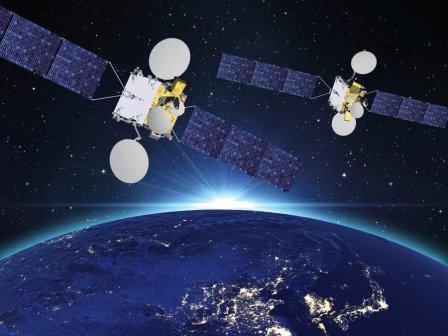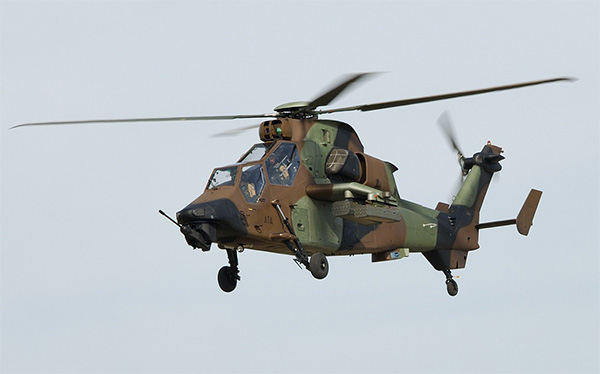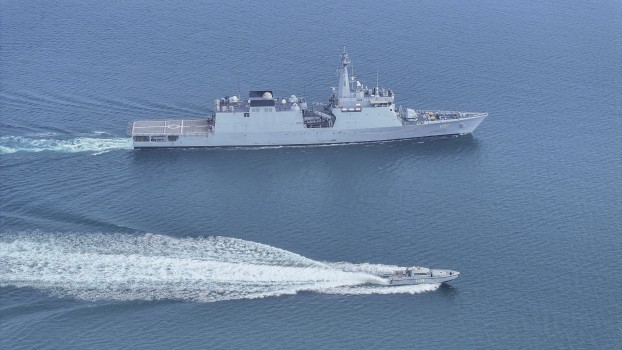
Digital rendering of Thales Alenia Space UK satellites
CANNES (BNS): Thales Alenia Space is upgrading and expanding its range of Spacebus geostationary telecommunications satellites.
With 80 orders recorded to date and over 500 years of cumulated service in orbit, Spacebus platforms offer proven performance, the Company said.
They are available in versions with both chemical and hybrid propulsion subsystems.
Thales Alenia Space is now developing this family to address future market needs capitalizing on the strong heritage from Spacebus, with the Avionics 4000 in particular, and from Alphabus, while also incorporating an optimised mechanical architecture to offer a product with guaranteed long-term viability.
These new platforms, designated Spacebus NEO, will offer state-of-the-art technologies and will be available in various propulsion versions, including an all-electric one, it said.
The all-electric Spacebus NEO, capable of carrying payloads weighing over 1,400 kg, and with power exceeding 16 kW, will be available starting in mid-2015.
The new Spacebus NEO range will be available in a variety of versions for all types of geostationary satellites, from small to extra-large. Operators will be able to choose the configuration that best meets their needs, with all-electric, hybrid or all-chemical propulsion.
Starting in 2016, these platforms will be able to handle payloads up to 2,000 kg, with record power of 20 kW.
 Previous Article
Previous Article Next Article
Next Article










The Indian Air Force, in its flight trials evaluation report submitted before the Defence Ministry l..
view articleAn insight into the Medium Multi-Role Combat Aircraft competition...
view articleSky enthusiasts can now spot the International Space Station (ISS) commanded by Indian-American astr..
view article